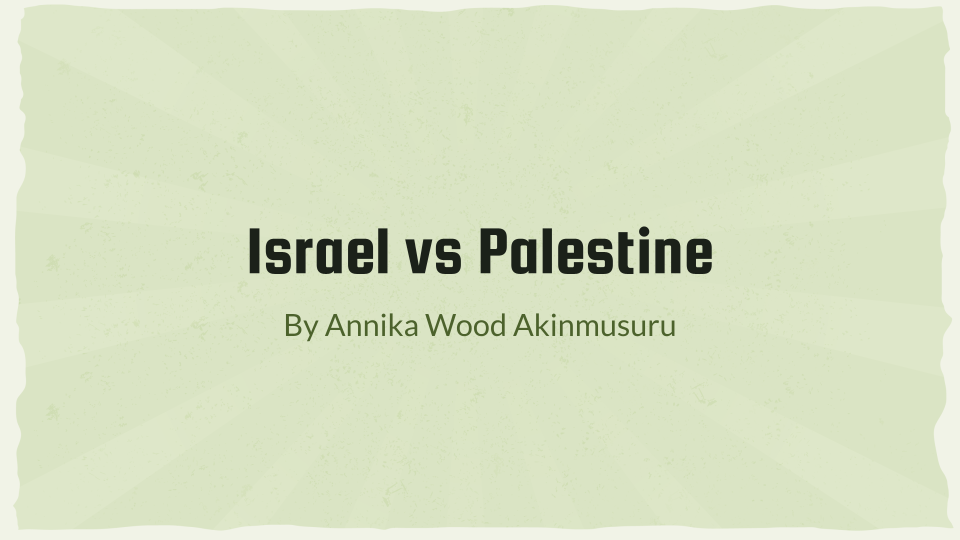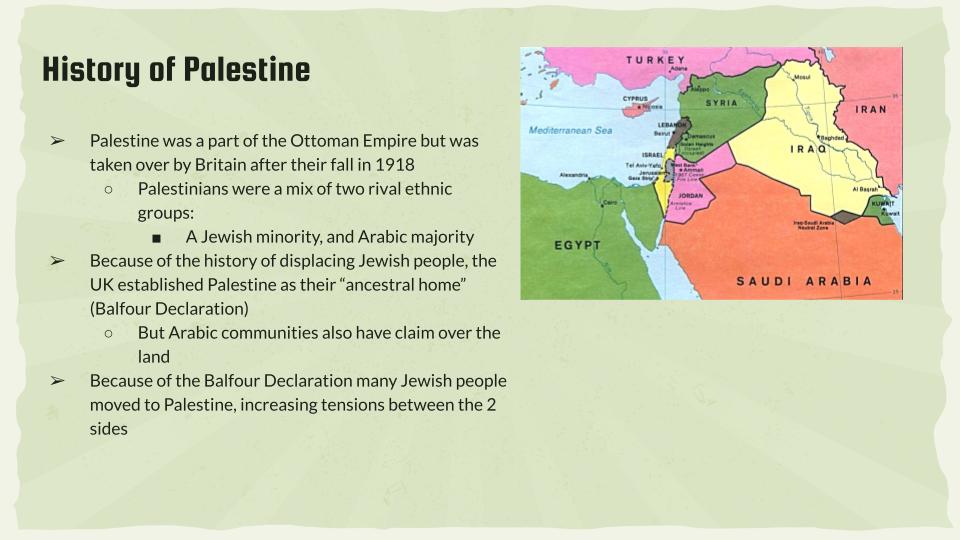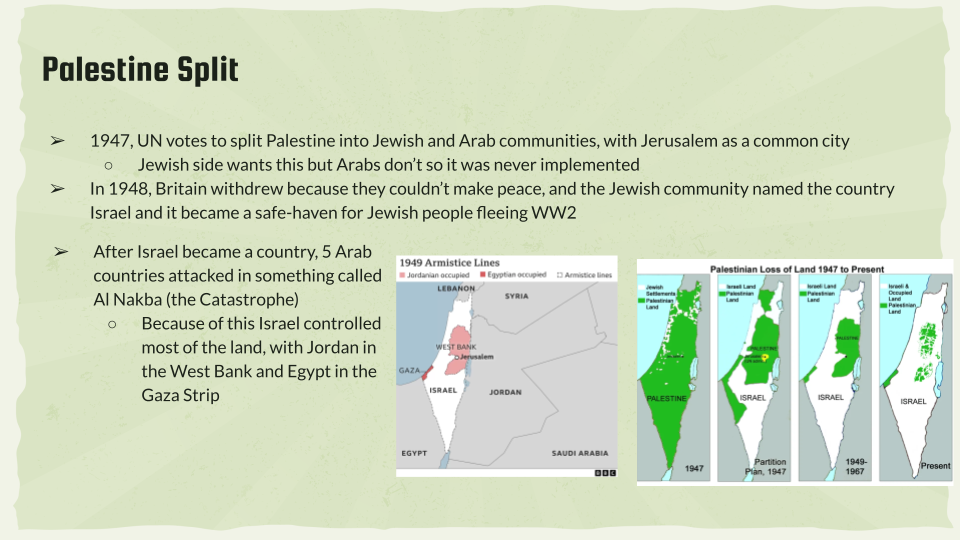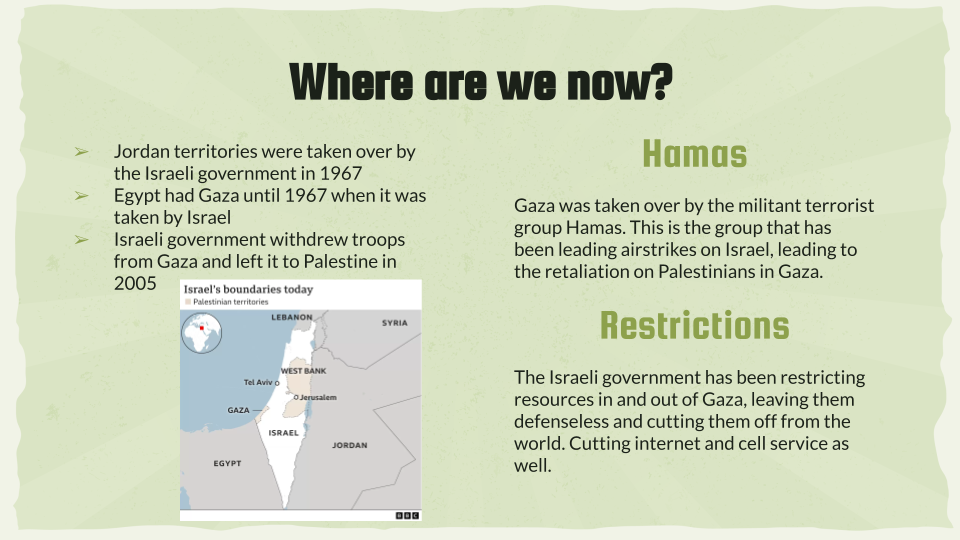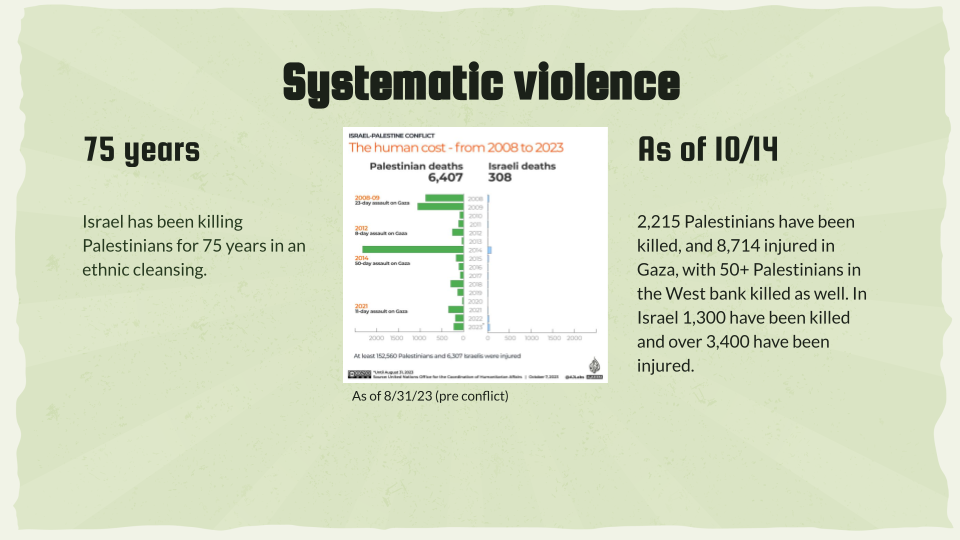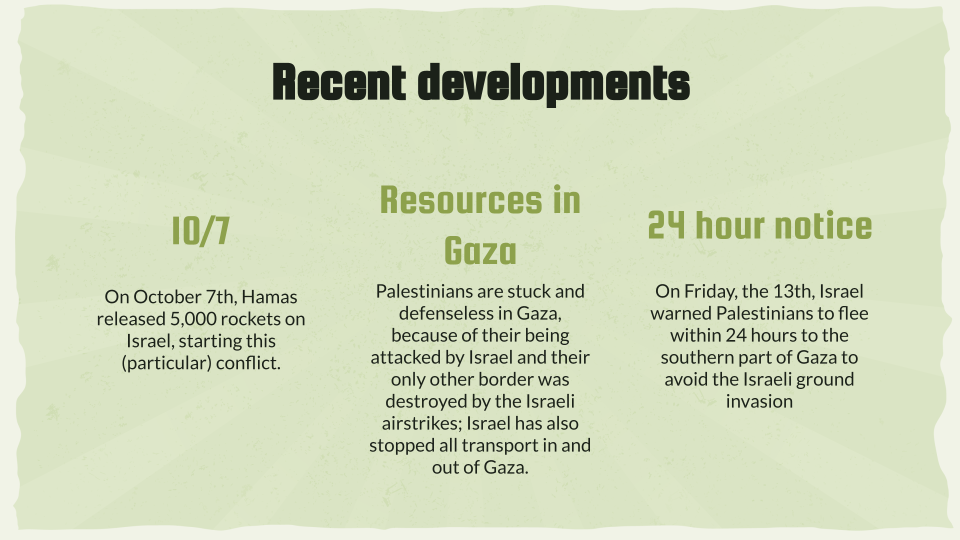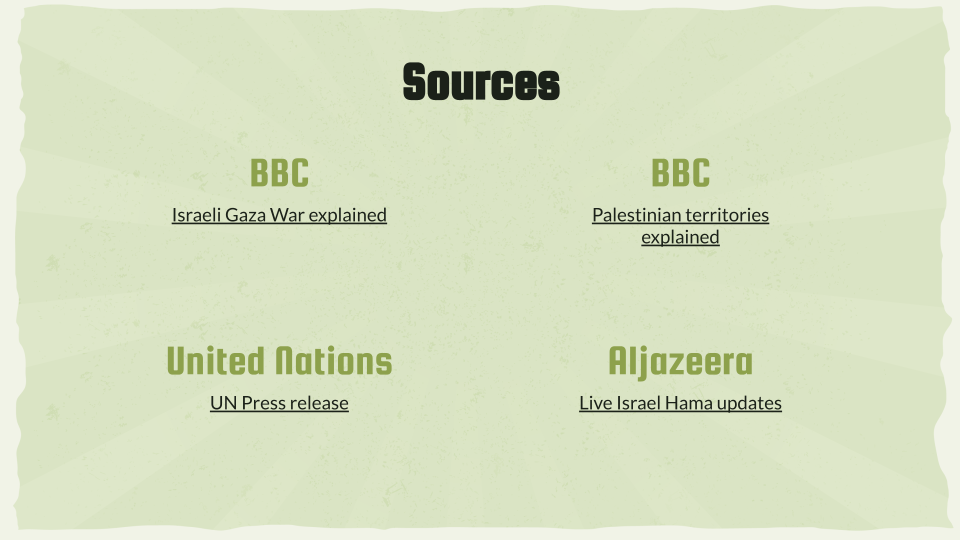The teen girl’s “like”
The phenomenon of the teen girl’s “like” is one unique to a very small group of people. The teen girl. In more recent decades, the short and sweet phrase of “like” has become extremely popular amongst teens but the majority, teen girls. Popularized in “teen” movies and media, the word or phrase “like” became popular in the 80s, from Frank Zappa’s song “Valley Girl”. It was used to mock (teen) Valley girls in the song but, as its use spread wider into American culture, the “like” is now a very commonplace phrase used as a “filler word”.
Filler words have their own war against English and that’s not what we’re here to talk about but, because of its popularity and main user demographic, the phrase is now seen as a sign of incompetence or a diminutive vocabulary. Now, I won’t argue that frequently using filler words isn’t an issue that individuals could want to address if it consistently affects their lives. However, I’m of the belief that the “like” as a filler word is superior to an “um” or “ugh”.
I’m of the belief that the “like” isn’t just a filler word but, a sign of comfortability. If someone feels comfortable enough around you to give their mind time to articulate their thoughts properly, why judge them for what they choose to do with that time? In teenage culture, everything’s fast-paced. When speaking, if you lose someone’s attention it’s extremely hard to get it back. And the “like” is a good way not to seem “boring” or even worse, be a slow talker.
By teens especially, the “like” isn’t used in important or formal situations. We use it in low-stakes positions where it can continue conversation flowing freely. Because of the persecution of women and young people, I think that the “like” is put under an extensively harsh lens of hate on both of those intersecting communities. Especially because the “like” is used in a very versatile manner.
Used to:
- Signal quotations – “And she was like, oh my god no he didn’t!”
- Show emotion – “And she like lost it.”
- Or as a filler word – “What is that like even about?”
If we start looking into the culture surrounding teenage girls, and how our society persecutes them (us) for every little thing, you’ll see that in the disdain around the word “like”, there’s an unnecessary level of hate around its use. Filler words may be an “evergrowing” problem within the English-speaking community but, they’re not all bad, and when used properly should be regarded as a feat of casual conversational English.
The Unsustainability of Human Relationships
Many out there may ask the question, “Why form relationships if they won’t last?” This sentiment is prevalent among those struggling with existentialism, and it may even be a sign of depression. But that’s not what we’re here to talk about; humans have spent millennia forming and depending on relationships for a means of survival. But what’s the point of allowing ourselves to possibly be hurt by relationships if they are no longer necessary to our survival?
I believe that relationships may not be crucial to our survival anymore, but in order for human beings to thrive, interpersonal relationships are a strong support in our lives. Take, for example, the teenage girl. Known for our social hierarchies, the life of a (common) teenage girl is dictated by her “habitat”, our surroundings, and how they affect each person form our relationships. That then forms the way each person interacts with our communities as a whole. Teenagers may be cruel or strange but our actions are products of the unwritten social contracts that take place in our everyday lives. However, teenagers seem to be some of the only people that will admit to this.
Most adults will believe that they have some sort of autonomy over their own actions. And to the greatest everyday extent, they do. But, everyone’s actions are influenced by things that they’ve experienced in their lives and they’ve made a decision (conscious or unconscious) to adopt or reject that behavior. So regardless of whether or not you subscribe to “common culture”, and adopt popular habits, everyone is heavily influenced by others in their lives. Be it family, friends, mentors, or anyone you encounter, everyone to some extent is made of parts of other people.
So what does this have to do with the sustainability of human relationships?
If every person in the world is made up of other people’s traits, it’s no wonder that relationships aren’t a guarantee, and that they come and go every day. This isn’t because some are “bad people” or because of any inherent character flaw, but people fade out of others’ lives for complex as well as simple reasons. Human relationships are inherently unsustainable and unpredictable because relationships with other people will never have as much longevity as a relationship with yourself.
Humans form relationships simply because they’re fun! And a relationship of any kind can bring someone at least a little bit of joy that they may not reach without someone else. Relationships with other people can and will (most likely be) collected like trinkets over a person’s lifetime; this isn’t something to be ashamed of, but rather something to be proud of. Love freely and proudly, and learn from each and every experience that helps form the person that you are.
